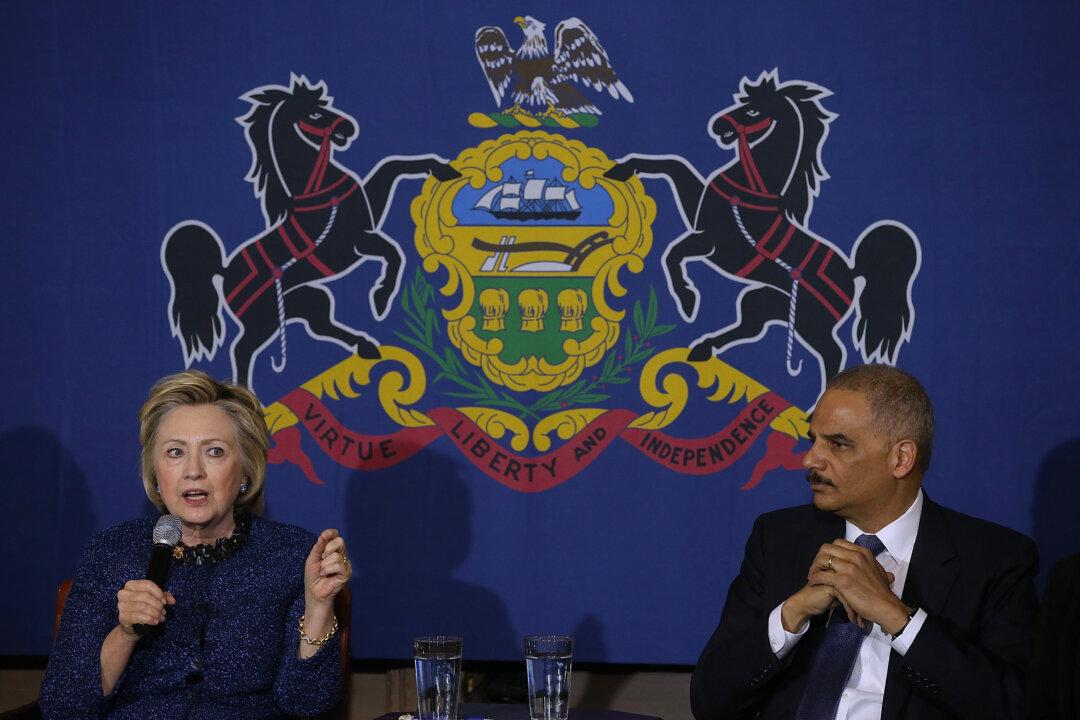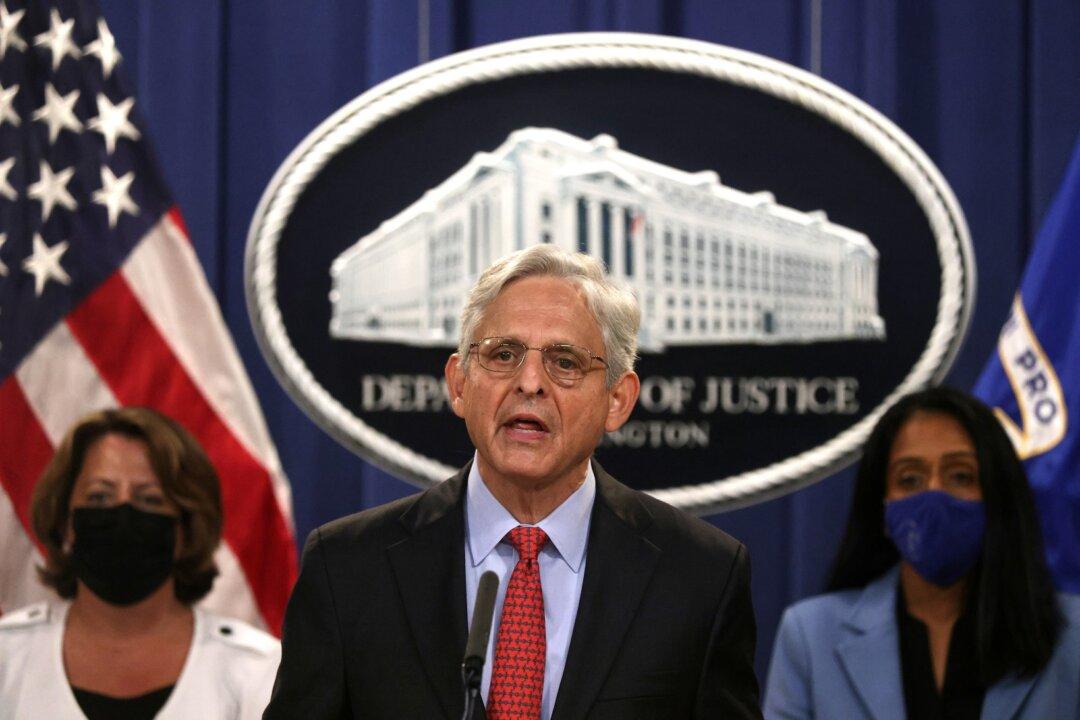Following the arrest of Cesar Sayoc as the primary suspect in the mailing of bomb-like devices to public figures, coverage on the Oct. 26 edition of the PBS NewsHour echoed many in the mainstream media by characterizing the episode as targeting “critics of President Trump.”
But President Donald Trump has many critics. What distinguishes those who received the mailings from his other critics? Might it be their own advocacy of confrontation as a substitute for discourse?





